The Atlanta CEO Council’s (ACEO) mission is to connect CEOs to capital, customers, talent, and each other. We execute this through memberships and 14 annual events. We are directly affected by the COVID-19 environment, but that hasn’t stopped our CEOs from gathering, helping, and inspiring.
Monday nights, at the time we hold our dinners, CEOs gathered to discuss their thoughts, plans, and concerns for reopening their offices in the coming months. This article is an account of that conversation, and it highlights the several reopening tactics that were discussed that night.
Employee/Leadership Transparency
As more businesses reopen, employees play a major role in creating a safe working environment. Palaniswamy Rajan, CEO of SoftWear Automation, managed to create a culture of transparency and communication between employees and leadership. He explains, “If anyone feels like they’re getting sick or is living with someone who is getting sick, they tell us, and we have them stay home to self-quarantine. Raj also makes accommodations for employees with vulnerable family members. For example, one employee has a wife who is immunocompromised, so he is allowed to work overnight to avoid contact with other employees.
Staggering Shifts
Most of the meeting attendees heard staggering shifts is a possible tactic for limiting the spread among their employees. Nootan Pradhan and Anir Pradhan, owners of FirstLight Home Care of Metro Atlanta, suggests businesses with 50-150 employees should try to stagger their workforce by cuing shifts or offering limited schedules.
Hand Washing and Masks for Everyone
From the beginning, health officials listed handwashing as one of the major defenses people have against the virus. Within a couple months, health officials voiced the importance of wearing masks to limit the opportunity for the virus to spread.
Raj explains that his company maintains a strict policy of wearing masks in the workplace and sends out frequent reminders for washing hands. “It’s not easy,” he says, “but these are precautions that must be taken. The most important things employees can do is wear masks and wash their hands.”
CDC Decision Tree
The CDC released guidelines for reopening businesses which includes a framework called the Decision Tree. Nootan emphasizes the importance of three practices for limiting spread among employees: daily temperature check, COVID-19 screening questions, and isolation protocol for those experiencing symptoms. Businesses wishing to implement this strategy have three options: employees can self-report, HR can screen employees, the business can hire a third party service to conduct screenings. If businesses conduct screenings internally, they must be vigilant about potential issues with possible health risks, confidentiality, and compliance (HIPAA and ADA).
Screening employees on the basis of temperature and symptoms does not identify asymptomatic cases. Vipula works with a client that uses a strategy that reduces this risk. Vipula Tailor, CEO of Sonix Medical Devices, explains that a Heineken plant she works with, is implementing a similar strategy to the Decision Tree strategy for its 3000 on-site employees. “They use a third party HR company that performs rapid antibody tests and keeps records of all the employees,” she explains.
Patience and Office Phasing
Patience and phasing often came up as meeting attendees discussed possibilities for reopening their offices. Several meeting attendees said they are not anxiously waiting to open their offices because their businesses are not affected by employees working from home. However, those who are ready to reopen are leaning on plans to phase in their workforce.
Monty Hamilton, CEO of Rural Sourcing, shares his phasing plan for the company’s 600 employees. “At the beginning of July,” he says, “we will phase in 5-10% of the office.” Keeping employees’ best interests in mind, Monte explains they will only phase in those volunteering to return to the office. They will perform temperature screenings either by the internal HR department or a third party service. If all goes well, Rural Sourcing will phase in more employees over the following months.
Integrity
Meeting attendees identified integrity as a critical component of a successful reopening. Though often associated with leadership during the pandemic, the discussion suggested everyone must operate under a certain degree of integrity as the States continue to reopen. Attendees agreed that at the very least, people must come to understand that their actions can affect the health of others.
Vipula explains that the best way to stop the virus is through preventative measures, but she is overwhelmed by the amount of people who aren’t following best practices for preventing the spread. She continues, “Everyone will have to find a way to participate in the reopening that makes sense for their lives, but everyone must be respectful to their surroundings because their actions determine the outcomes for other people too.”
Araz Feyzi, CEO of Syfer, voices similar concerns. “Reopening would be very easy if everyone was cautious and safe with their behavior,” he says, “but I don’t think we’re there yet.” He notices that younger people are not abiding by distancing guidelines, and the majority of people still aren’t wearing masks.
All the businesses included in the discussion recognize reopening carries a considerable amount of risk and uncertainty. Part 3 of this article series will discuss the concerns and uncertainty some companies are working through as they begin to reopen.
See this article on LinkedIn.

























